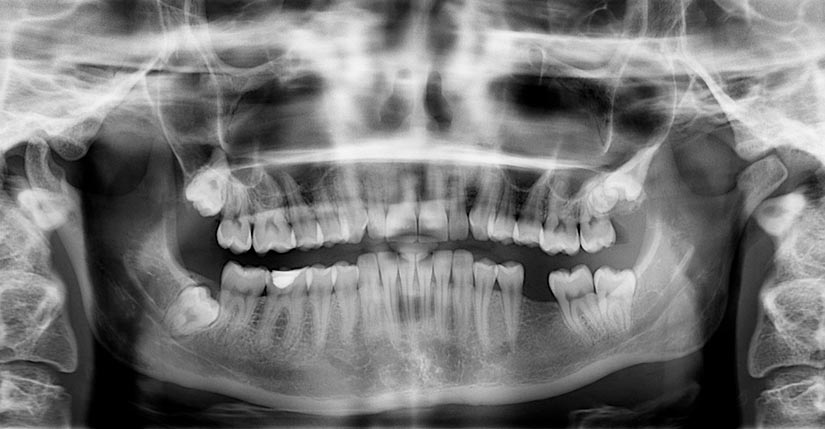There are many signs that wisdom teeth should be removed.
The most common of these tends to be insufficient space in the jaw for a correct eruption. Other signs are the anomalous orientation of the wisdom teeth, which can result in damage to neighbouring teeth or tooth misalignment. The emergence of wisdom teeth can also cause inflammation of the gum due to incomplete eruption, which can cause chronic infection in the surrounding gum.
The extraction of wisdom teeth is probably the most common area of queries when it comes minor procedure in oral and maxillofacial surgery. While the duration of the procedure can vary from case to case, it tends to range from 15 to 30 minutes. Wisdom teeth are the last molars to erupt (at 17-19 years of age) and often find that they have no room in which to do so, and remain or included within the jawbone. In the long-term, this can lead to potential complications (inflammation, tooth misalignment, jaw cysts, lesions to underlying roots, etc.). Therefore, they should be removed before these complications arise.
In many cases, the lower wisdom teeth are very close to the alveolar dental nerve (resulting in the sensitivity of the lower lip). In these cases, the accurate anatomic diagnosis carried out using a 3D scanner will clearly demonstrate to us the anatomical relationship between these structures. This will enable us to suggest a more accurate and safer surgical option to our patients.


